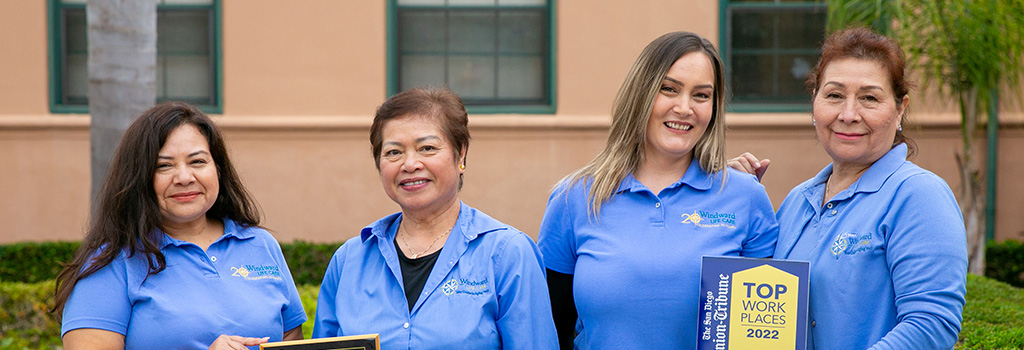How Life Changes Affect Family Caregivers
November 15, 2023 | Caregiving

Are you in the sandwich generation? “More than half of Americans in their 40s are ‘sandwiched’ between an aging parent and their own children,” says the Pew Research Center. Another 36% of people in their 50s are as well.
Sandwiched family caregivers somehow make it all work—providing care, taking care of themselves, managing work and other commitments. It’s hard enough, but one fact of life makes it even harder: Change is constant. What worked six months ago may not be working today.
That’s why these caregivers must also re-evaluate their situation from time to time. Given the fluid nature of their responsibilities—caring for both children and parents—situations and needs can change rapidly. Here’s a look at the factors that might require change in your approach.
Your children’s changing needs: As your children grow, their emotional, educational, and physical needs evolve. A toddler will need a different kind of attention than a teenager preparing for college. Regularly assess what kind of support your children need and adjust accordingly.
Changes in parents’ health status: The health and capabilities of elderly parents can change, sometimes rapidly. What was a minor health issue a few months ago might have escalated, or perhaps they’ve become more self-sufficient after a successful surgery or treatment. Regular check-ins and health assessments are crucial.
Finances: Both child-rearing and elder care can have fluctuating costs. Perhaps your child now qualifies for a scholarship, or your parent’s medical insurance has changed. Periodic reviews of your financial strategy and budget can help ensure you’re prepared and using resources efficiently.
Work and career status: If you’re working, consider whether your current job still fits within the evolving demands of your family. You might need more flexible hours, or perhaps you’re in a position to take on more responsibilities as some of your caregiving duties lessen.
Support systems: Over time, the support systems you’ve established (like help from siblings, community resources, or hired assistance) might need adjustments. Maybe a sibling who once helped with caregiving moves away, or perhaps a new elder care facility opens up nearby with better resources.
Personal health and well-being: Your health and well-being are fundamental. Are you more fatigued than before? Are you experiencing signs of burnout or depression? Regularly assess your mental and physical health. If your health is declining, it might be time to seek additional help or change your caregiving strategy.
Changing goals: What are your personal, family, and career goals? As time passes, these might change. Regular self check-ins can ensure you’re still on the path you want to be and can help you make necessary adjustments.
Feedback from family: Periodically sit down and have open conversations with your family members about how they feel things are going. Their feedback can provide valuable insights and highlight areas needing change that you might not have noticed.
Logistical adjustments: Things as basic as where everyone lives can play a huge role. Maybe it’s time to consider moving a parent closer to you, or perhaps looking into alternate schooling options for your child that better fit the family’s needs.
In essence, re-evaluating periodically is about ensuring that the systems, strategies, and resources in place remain effective and efficient in the face of changing circumstances. Stay open not just to the need to readjust, but also to new technology or community resources that might help you. By doing so, you can ensure the well-being of your loved ones and yourself.

